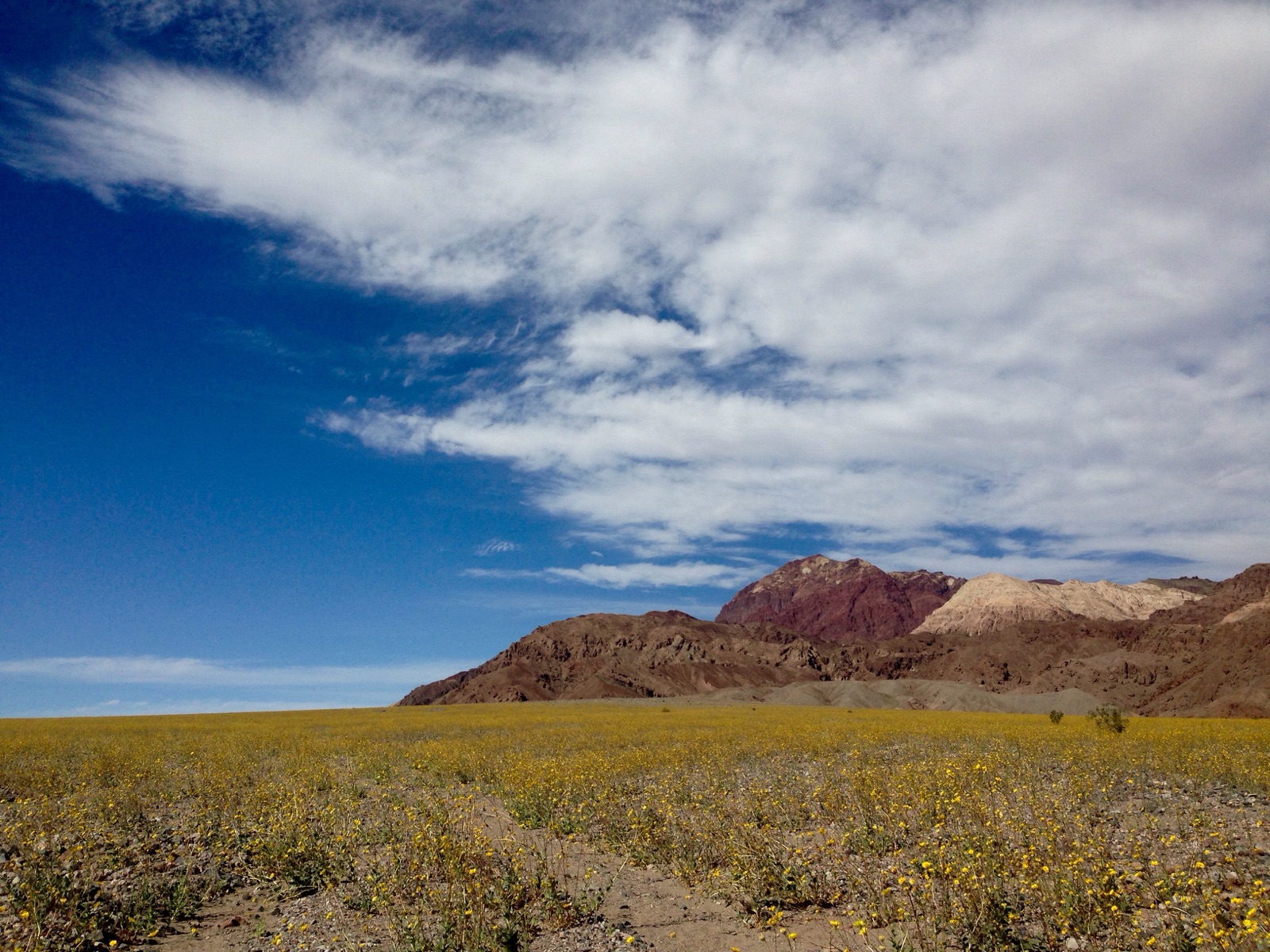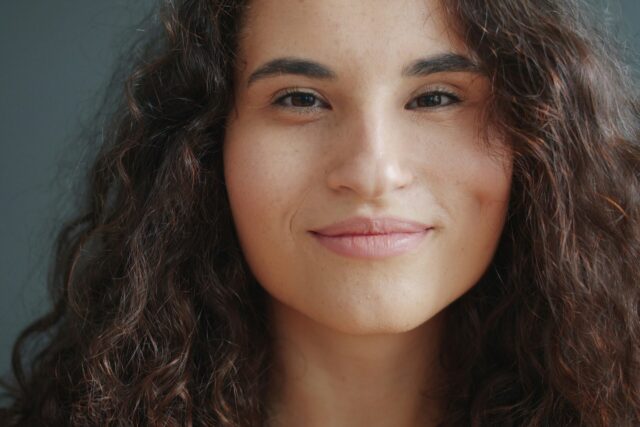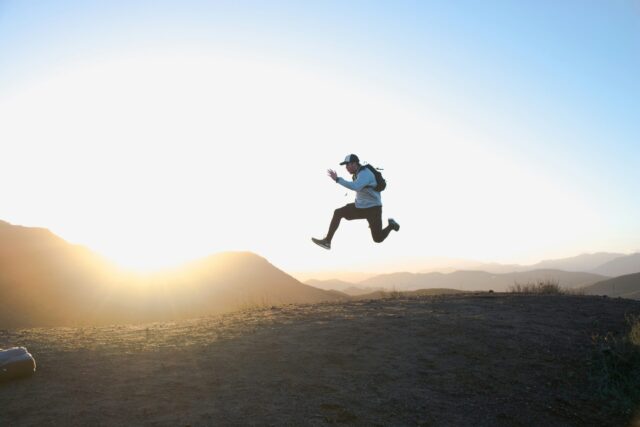The Psychological Benefits of Spending Time in Nature
By: Rochelle Perper, Ph.D. | April 1, 2016

I recently took a trip to Death Valley National Park to see the “Super Bloom” of wildflowers – a rare event that is worth seeing. Located in eastern California and Nevada, Death Valley is a unique and special place that has always inspired awe for me. Being in nature helps me with Finding Perspective, as well as bettering my mood and serves as a way to help keep me balanced. After this trip in particular, I began to wonder if my experience was similar to that of others, and what, if any, psychological benefits exist from spending time in nature.
Benefits of interacting with nature
Most of us today live in cities and spend less time outside in natural spaces, especially compared to generations before us. Rates of anxiety and depression have risen over the years, and some studies have linked certain mental illness to people living in urban centers. Numerous psychological studies have linked exposure to nature with increased energy, improved cognition, and heightened sense of well-being. Being in nature reduces anger, fear and stress and increases pleasant feelings. Some studies have even shown that interacting with nature can improve cognition for children with attention deficits and improve problem solving skills. Exposure to nature not only makes us feel better emotionally, but it also contributes to our physical well-being, as well. Research has shown that those who spend time outdoors have lower blood pressure, slower heart rates, less muscle tension and have a lower production of stress hormones.
How does nature help?
Recent studies have investigated the mechanism by which we benefit both cognitively and emotionally from spending time in nature. Investigators believe that by spending time in nature we are not dwelling on the negative aspects of our lives. Free from ruminations about the things that are bothering us, we are able to think more clearly and have better perspective over our problems. Interacting with nature shifts the mind to a more relaxed and passive mode (the sympathetic nervous system), allowing for the full potential of our analytical powers. Brain studies reveal that those who took a walk by a highway and those who took a walk along a quiet, tree-lined path had increased blood flow to the subgenual prefrontal cortex, the part of our brain responsible for mood and cognition.
Although there is still a great deal of discussion as to how often and how much time we should spend time in nature for maximum benefits, some studies suggest in as little as 20 minutes a day we have the potential to boost vitality levels. Below are some creative ideas on how to spend more time in nature:
- Go for a walk or a jog – take your child, your dog, or a friend with you!
- Take a good book and read it outside, on a bench, in your backyard, in a park or at the beach
- Gather your friends and make a huge picnic
- Do yoga or meditate outside
- Take your camera and photograph scenes of nature that inspire you
- Incorporate natural elements into our buildings through windows and indoor plants
- Wake up early in the morning and watch the sun rise
- Host a “walking meeting” at work
- Take your lunch break outside
- Take your workout outdoors
- Go to the beach or a park and engage in an activity such as flying a kite, playing horseshoes or tossing around a Frisbee
- Start gardening
- If you absolutely cannot get to nature, you can still benefit from simply looking at images of natural scenes. Some studies have found that just viewing pictures of natural scenes have a restorative effect on cognitive function
Being in nature can be a powerful and important part of the healing process. However, it may not be the entire solution. Professional therapy can help you through the darkest of times or navigate through difficult life transitions. Interacting with nature is one of the quickest, most available and very powerful way to increase overall well-being. Yet, it is underrated and easily overlooked. But, don’t take my word for it. Try it for yourself and see how you feel.



